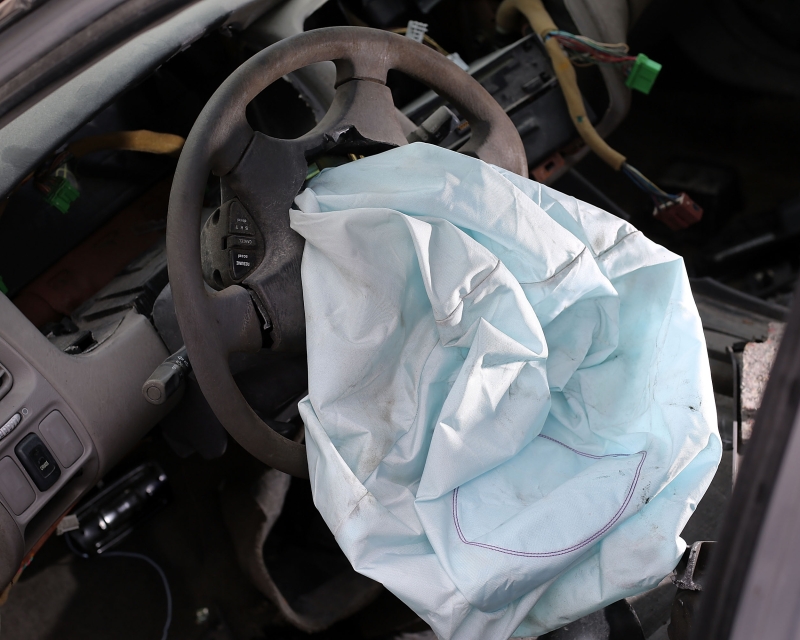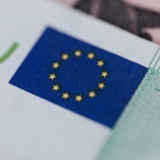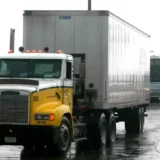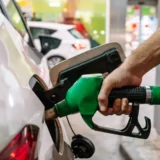Counterfeit Air Bags Threaten Safety of Millions of U.S. Drivers
The latest revelation from Carfax is more than just a concerning statistic; it’s a chilling wake-up call. Tens of thousands of vehicles in the U.S. are at risk of harboring counterfeit air bags, a fact that underscores the precariousness of road safety today. According to Carfax, nearly 2 million cars involved in accidents with air bag deployments over the past two years could now be equipped with these dangerous fakes.
Scammers have seized these accidents as golden opportunities to install counterfeit air bags, turning a safety feature into a potential hazard. The National Highway Traffic Safety Administration (NHTSA) warns that these knockoff air bags can lead to severe injuries or even death, a stark reminder of the life-and-death stakes on our roads.
The data from Carfax paints an even bleaker picture. Ten states have over 40,000 vehicles each that have had air bag deployments, with some states exceeding 100,000. This widespread issue reveals a national vulnerability that could affect anyone behind the wheel.
Let’s be clear: counterfeit air bags are not just a minor annoyance; they are a ticking time bomb. Authentic air bags are meticulously engineered to deploy with precise force and timing, cushioning passengers during a crash. Counterfeit versions, however, can fail to deploy or, worse, explode with lethal shrapnel. The difference between life and death can hinge on the authenticity of this crucial safety component.
The implications of this problem are vast. For car owners, there’s a growing anxiety about the safety of their vehicles. How can you trust that the air bag installed after an accident is the real deal? For regulators and law enforcement, there’s an urgent need to crack down on the black market that profits from these dangerous counterfeits.
What’s the solution? First, heightened awareness among consumers is crucial. Drivers should be vigilant about verifying the legitimacy of replacement parts after any repair, especially those involving safety-critical components like air bags. Insisting on certified repair shops and scrutinizing the provenance of parts can help mitigate risks.
Second, stricter regulations and enforcement are needed. The NHTSA and other regulatory bodies must intensify their efforts to root out counterfeit operations and ensure that all replacement parts meet stringent safety standards. Penalties for selling counterfeit safety equipment should be severe enough to deter would-be scammers.
Lastly, auto manufacturers and repair shops have a role to play. They must ensure that supply chains are secure and that only genuine parts are used in repairs. Transparency and traceability of parts can go a long way in restoring consumer confidence.
In the end, the issue of counterfeit air bags is a stark reminder of the hidden dangers that can lurk in seemingly routine car repairs. It calls for a concerted effort from all stakeholders to safeguard the lives of millions of drivers and passengers. Anything less is unacceptable.






